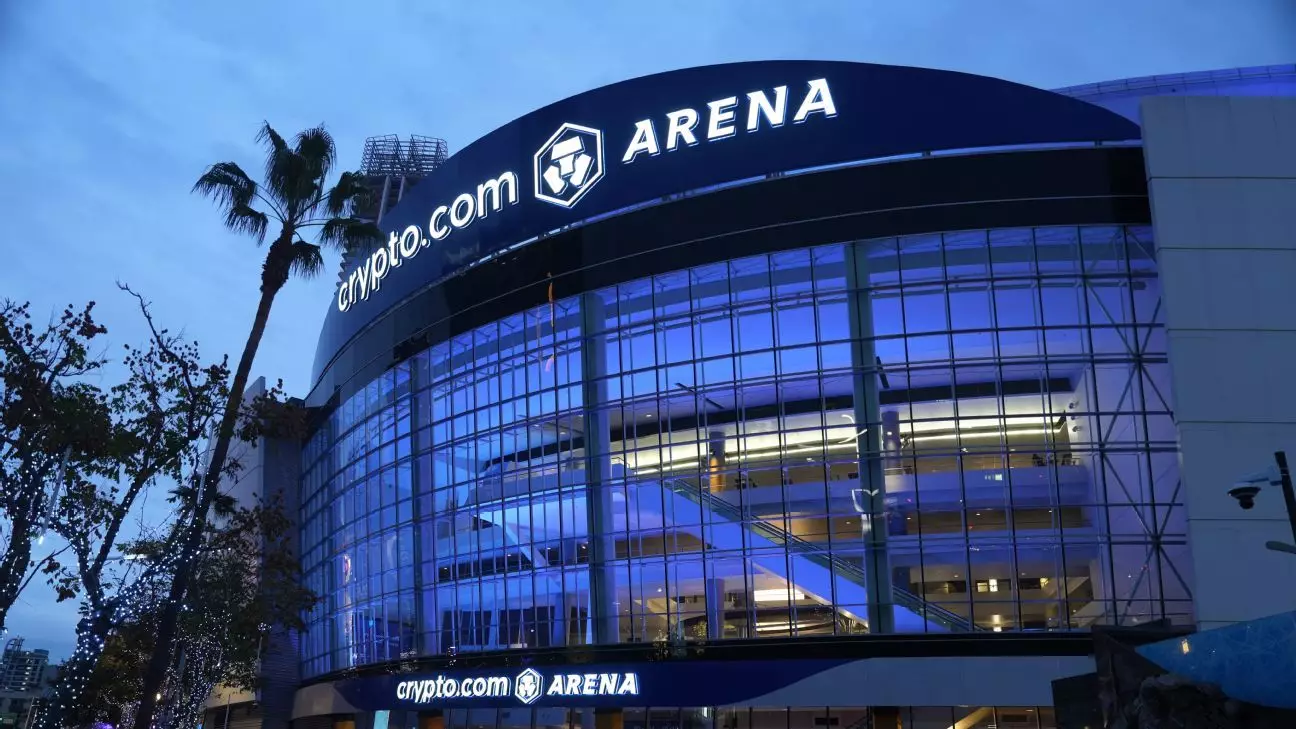Home-field advantage is a concept woven deeply into the fabric of professional sports, offering teams a unique psychological and tactical edge. Playing in a familiar environment, surrounded by supportive fans, can significantly impact a team’s performance. This advantage often turns crucial during the playoffs, as franchises battle for supremacy in their respective leagues.
One of the most critical aspects of home advantage is the psychological effect it instills in both players and fans. Athletes thrive on the energy emanating from a home crowd that knows and celebrates their every move. This supportive atmosphere can boost team morale and foster a sense of confidence that is often challenging to replicate on the road. Moreover, teams are accustomed to their playing surfaces, whether it’s the idiosyncrasies of a basketball court or the unique layout of a football field. These familiarities enable players to perform at their peak, leading to more consistent and effective gameplay.
Strategic Preparation and Fan Engagement
Teams work tirelessly throughout the regular season, not just to secure playoff spots but to earn that coveted home advantage. This involves strategic scheduling, player rotations, and meticulous planning for both games and practices. Fan engagement plays a crucial role in creating a formidable home atmosphere. Organizations invest heavily in cultivating enthusiastic supporter groups who can create electrifying environments during home games. The synergy between players and fans at venues such as American Airlines Center in Dallas, which hosts NBA and NHL teams, exemplifies how a vibrant atmosphere can enhance performance.
Shared Venues and Competitive Balance
Interestingly, many cities across North America host multiple professional sports teams under one roof. This phenomenon presents a unique angle to study home advantage, as teams must compete not only against opponents but also for fan attention and resources within shared venues. For example, Audi Field in Washington serves both D.C. United (MLS) and the Washington Spirit (NWSL), each striving to carve out their identity and fanbase amid common surroundings. The competition for support in these shared settings can lead to a dynamic atmosphere where the success or failure of one team can directly influence the morale of the other.
While home advantage can be powerful, it also comes with inherent pressures. Players often feel the weight of expectations when competing in front of home fans, leading to anxiety that can affect performance. These dynamic pressures illustrate that the home advantage is not solely an asset but a double-edged sword, where the benefits of fan support can counterbalance the stress of high expectations. Coaches skillfully navigate this tension, encouraging their teams to embrace the home atmosphere while managing the emotional stakes.
The significance of home advantage in professional sports extends far beyond the physical comfort of sleeping in one’s own bed. It intricately combines psychological effects, strategic preparations, and the unique dynamics of shared venues. Understanding these elements can illuminate why teams put in extraordinary efforts to fight for this vital edge, particularly as they pursue championship dreams. As the competition intensifies, the line between home advantage and pressure remains a fascinating aspect of the sporting world, revealing the complexities of human performance driven by both support and expectation.

